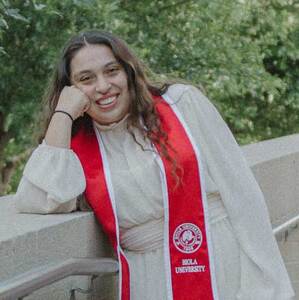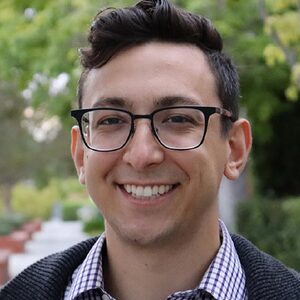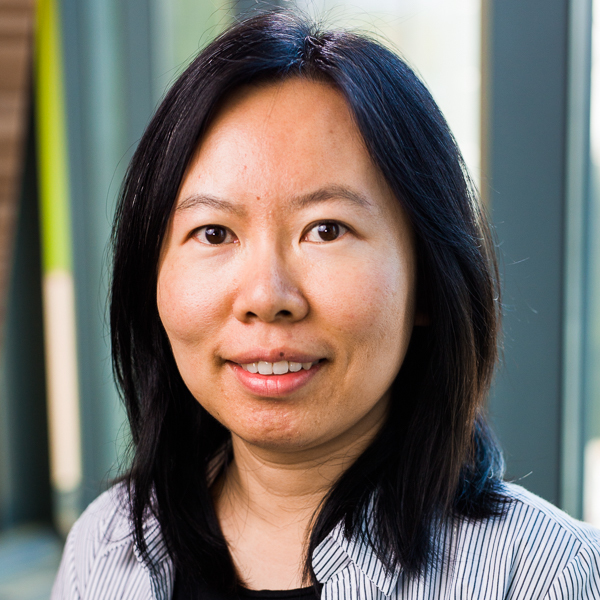B.S. in Mathematics
Overview
It’s no secret: The STEM fields — science, technology, engineering and math — are on the rise. Around the world, demand is growing for mathematicians with a strong grasp of statistics, operations research, data analysis and problem-solving skills. In Biola’s mathematics major, you’ll receive a strong foundation that prepares you for success in a variety of industries, as well as graduate school or teaching.
In addition to its strong curriculum, expert faculty members and biblical integration, Biola’s mathematics program offers several key advantages:
- Small classes give you an opportunity to form deep relationships with your professors and fellow students.
- Biola’s Research Assistant in Math Program (RAMP) offers a research environment where Biola math and computer science majors are supported in research projects that complement their academic goals. Research assistants through RAMP are paid — through generous donors — to assist faculty with research.
- Biola’s location in Southern California — one of the world’s largest and most diverse metropolitan areas — is ideal for internships and job opportunities.
- Opportunities to do real statistical consulting work through the Quantitative Consulting Center.
- Key card access to well-equipped math and computer laboratories within the Lim Center. Our laboratories offer hands-on experiences and opportunities to put learning into action.
- Be mentored by expert faculty who integrate their Christian faith into their lives as researchers, teachers and ministers in local or global communities. Students have opportunities to be involved in directed research with faculty, participate in presentations at various conferences and co-author peer-reviewed journal articles. Learn more about our faculty and student research.
Concentrations
- Applied and Computational Mathematics
The applied and computational mathematics concentration emphasizes the practical use of mathematics to solve real-world problems and is well suited for students preparing for careers in business or industry.
- Math Education
Biola's math education program is a Commission-approved subject matter program. Completion of the subject matter program does not lead to a credential but it may be used to meet the subject matter competency requirement for a teaching credential. The Professional Teacher Preparation Program leading to a California Teaching Credential at Biola University is subject to change in response to new legislation. Please see a credential analyst in the School of Education for current information on completing the requirements for a teaching credential, including the subject matter waiver program. Students must consult with both their major advisor and a School of Education advisor.
Students who wish to prepare to teach mathematics at the secondary level should select this concentration to work toward a preliminary single-subject credential. Completion of the program requirements will prepare students with the content knowledge necessary to teach mathematics in departmentalized classes, such as those in most middle schools and high schools. Students who meet all requirements and pass the necessary classes with a grade of C or above will be granted a waiver to satisfy the California subject matter requirements to obtain a teaching credential in mathematics.
- Pure Mathematics
The pure mathematics concentration allows the student flexibility in the selection of upper-division courses. A faculty advisor will aid the student in making these choices. The student planning to pursue mathematics in graduate school would find this particularly appropriate.
- Statistics and Data ScienceStudents who wish to pursue any of the data analysis fields such as statistics, data science, or business analytics should choose this concentration. Because of our hands-on apprentice approach in the practicum course and quantitative consulting center, you'll work closely with faculty and learn how to complete the full arc of data analysis projects.








